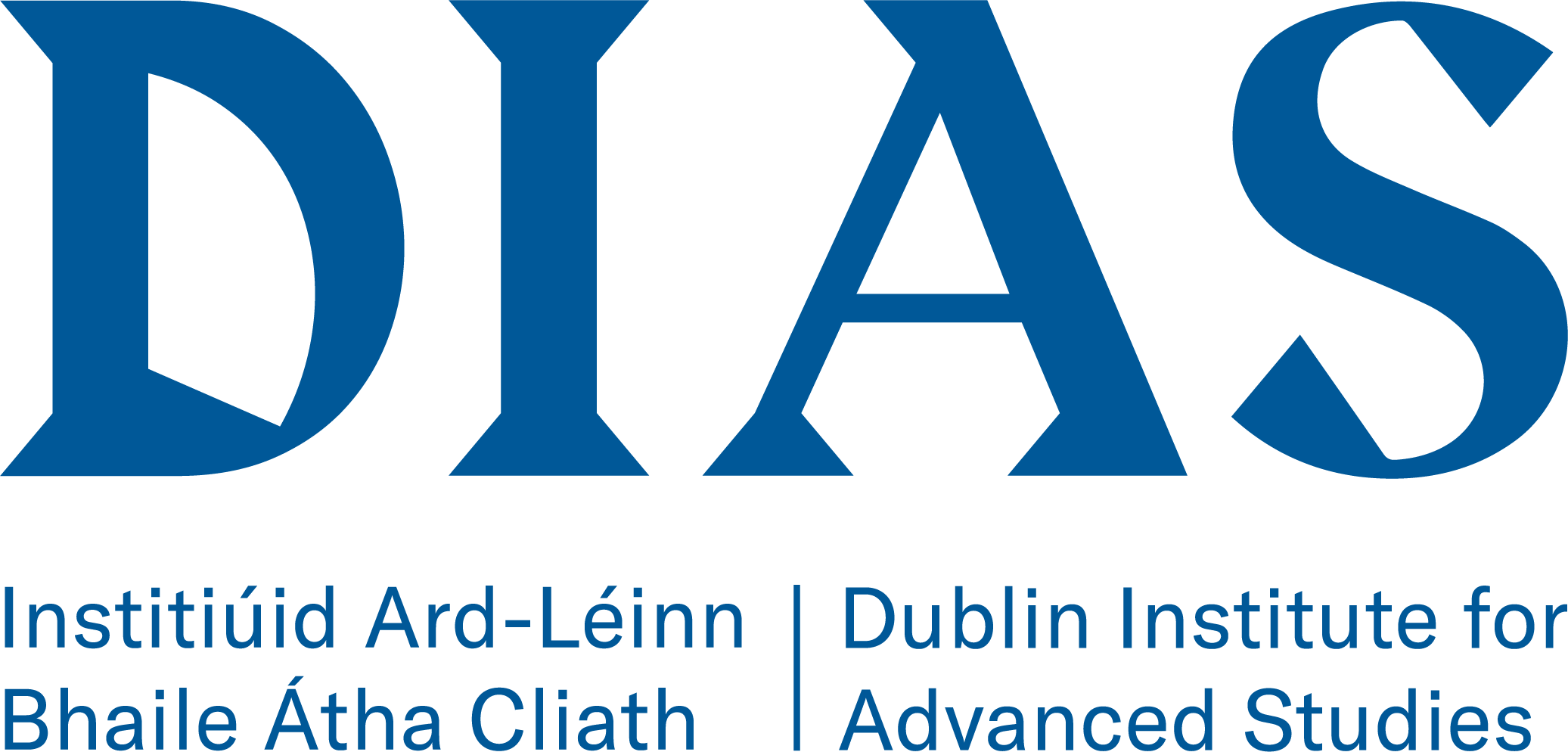SPIN ESR 4.1: Ground motion and unrest triggering on volcanoes
Host institution: Dublin Institute of Advanced Studies (DIAS) 
Supervisors:
| main supervisor: | Chris Bean (DIAS, IE) |
| co-supervisor: | Andrew Bell (University of Edinburgh, UK) |
This position is filled
General information
This PhD position is one of the 15 Early Stage Researcher (ESR) positions within the SPIN project. SPIN is an Innovative Training Network (ITN) funded by the European Commission under the Horizon 2020 Marie Sklodowska-Curie Action (MSCA).
SPIN will focus on training 15 PhD candidates in emerging measurement technologies in seismology. We will research the design of monitoring systems for precursory changes in material properties, all while optimizing observation strategies. The unique interdisciplinary and inter-sectoral network will enable PhDs to gain international expertise at excellent research institutions, with a meaningful exposure of each PhD to other disciplines and sectors, thus going far beyond the education at a single PhD programme.
Project description
Volcanoes are highly heterogeneous, exhibit a multitude of source types and are difficult to image. However dynamic excitation (ground shaking) from both local and regional earthquakes trigger volcano seismicity so can yield additional information about both the pre-eruptive state of volcanic systems and about material behaviour. The precise mechanisms driving this triggering of volcanic unrest are not fully understood, in particular the relative importance of the specifics of earthquake related ground motion (e.g. translations and/or rotations) versus the intrinsic state of volcanic materials at a given point in time (e.g. related to time varying stress and fluid saturation levels within the volcano). In this project we address these problems using complementary datasets that include (i) both local and regional dynamic triggering of events prior to and during the 2016 eruption of Sierra Negra volcano, Galapagos Islands and (ii) a two month duration repeat active shot experiment (at 15 min intervals) at Teide volcano, Tenerife that exhibits dramatic changes in seismic wave velocity, associated with meteorological conditions. Work will be supported by numerical simulations of dynamic excitation with a specific focus on non-linear behaviour of volcanic materials. A key aim is to better understand the role that the interplay between ground motion and the detailed properties of a volcanic edifice play in the volcanoes pathway to eruption. There will be an opportunity to undertake volcano-related field work as part of this project, likely in Iceland.
Required skills and experience
We welcome applications from candidates who fulfill the following criteria:
- A completed research-oriented university degree, such as a Master’s degree or BSc Hons, in a relevant field (e.g. Geophysics, Physics, ..) The PhD enrollment requirements will depend on the hosting institute, please refer to the individual project descriptions and institute webpages.
- Note that you may apply if you have not completed your degree yet, as long as your degree will be completed by the time of recruitment in the project.
- An outstanding academic track record
- A good command of English, both verbal and written
- Dedication and enthusiasm for research, combined with scientific curiosity, reliability and the capacity to teamwork in an interdisciplinary environment.
- A willingness to (i) analyse field data, including the coding of new analysis tools (ii) undertake numerical simulation work (iii) undertake field work
Please ensure that you fulfill the following eligibility criteria for ESR (Early Stage Researcher) positions in H2020 MSCA-ITNs, as ineligible candidates cannot be considered: https://spin-itn.eu/recruitment/#eligibility-criteria
Application Procedure
The application deadline is April 5th, 2021. Application evaluations will start immediately, and will continue until all positions are filled. We wish to reflect the diversity of society and we welcome applications from all qualified candidates regardless of personal background. The selection will be exclusively based on qualification without regard to gender identity, sexual orientation religion, national origin or age.
Applications must include:
- A cover letter in which you describe your motivation and qualifications for the position.
- A CV including relevant competences, skills and publication list, if applicable
- Copies of degree certificate(s) and transcripts of records for previous studies (Bachelor and/or Master). Please indicate expected date of graduation if your Master’s degree is not completed
- Contact information of two references
Applications should be sent in one single pdf file with filename ‘SPIN_YourLastname_YourFirstname.pdf’ to BOTH geo_recruitment@cp.dias.ie and spin-applications.min@uni-hamburg.de Without the application documents, your application cannot be considered!
In addition, you must complete the SPIN application form: http://uhh.de/min-spin-apply.
Please fill in the form only once. If you submit the application form multiple times, we will consider only the first submission. If you want to correct your information, please first send an e-mail to SPIN-management@uni-hamburg.de.
Please note that you will not immediately receive a confirmation email after completing the form, so please fill it in only once. If you see a message “Thank you for completing the form!”, then your information was received.
If you have any questions about the application procedure, please contact SPIN-management@uni-hamburg.de.
Data handling
By applying to a PhD position, you agree that all data concerning your application may be stored electronically and distributed among the supervisors involved in the selection procedure within the MSCA ITN SPIN. If you do not agree, your application can not be processed further, due to the project’s centralised recruitment process. The data are used solely for the recruitment process and we do not share information about you with any third party.
A pdf version of the description of this ESR can be found here